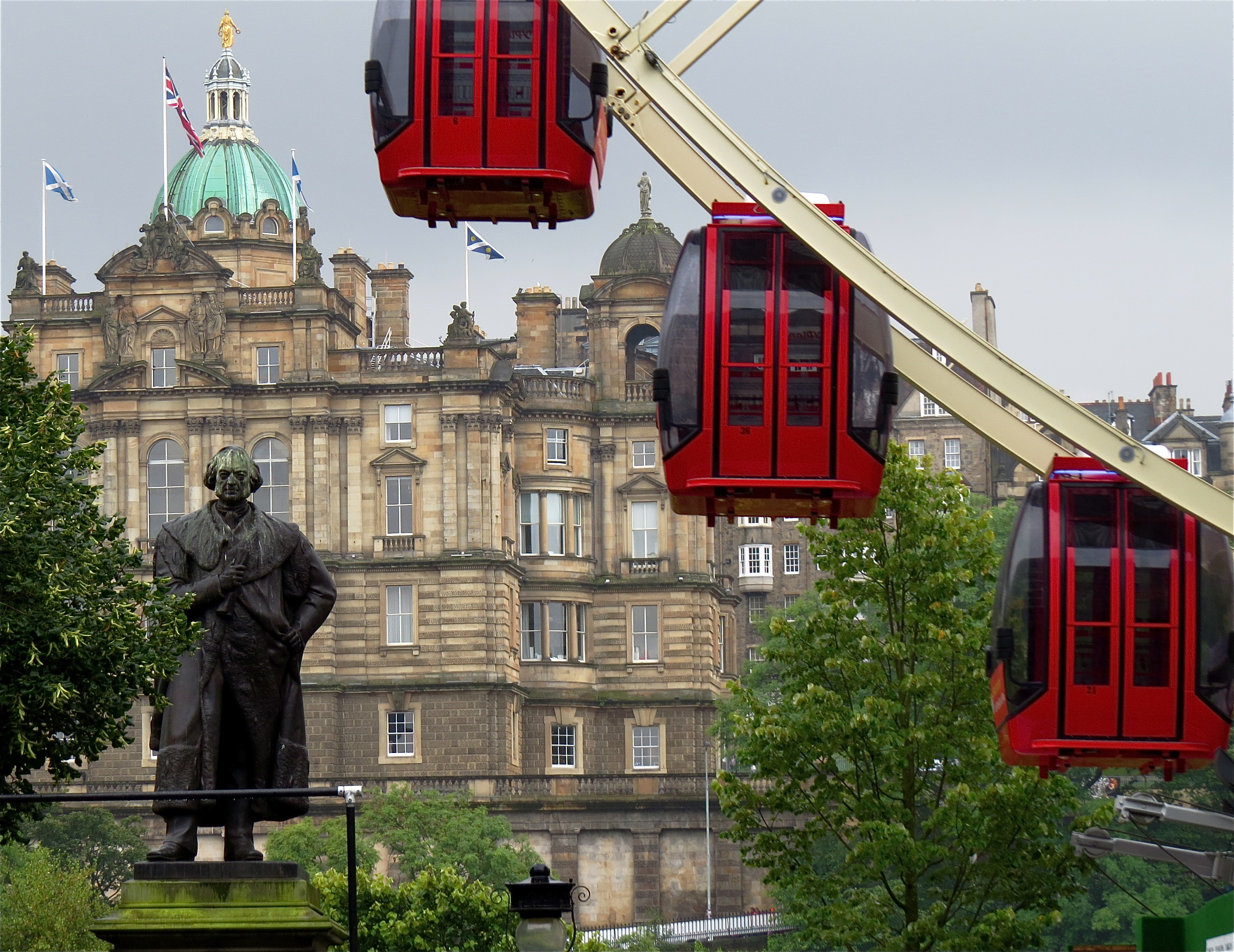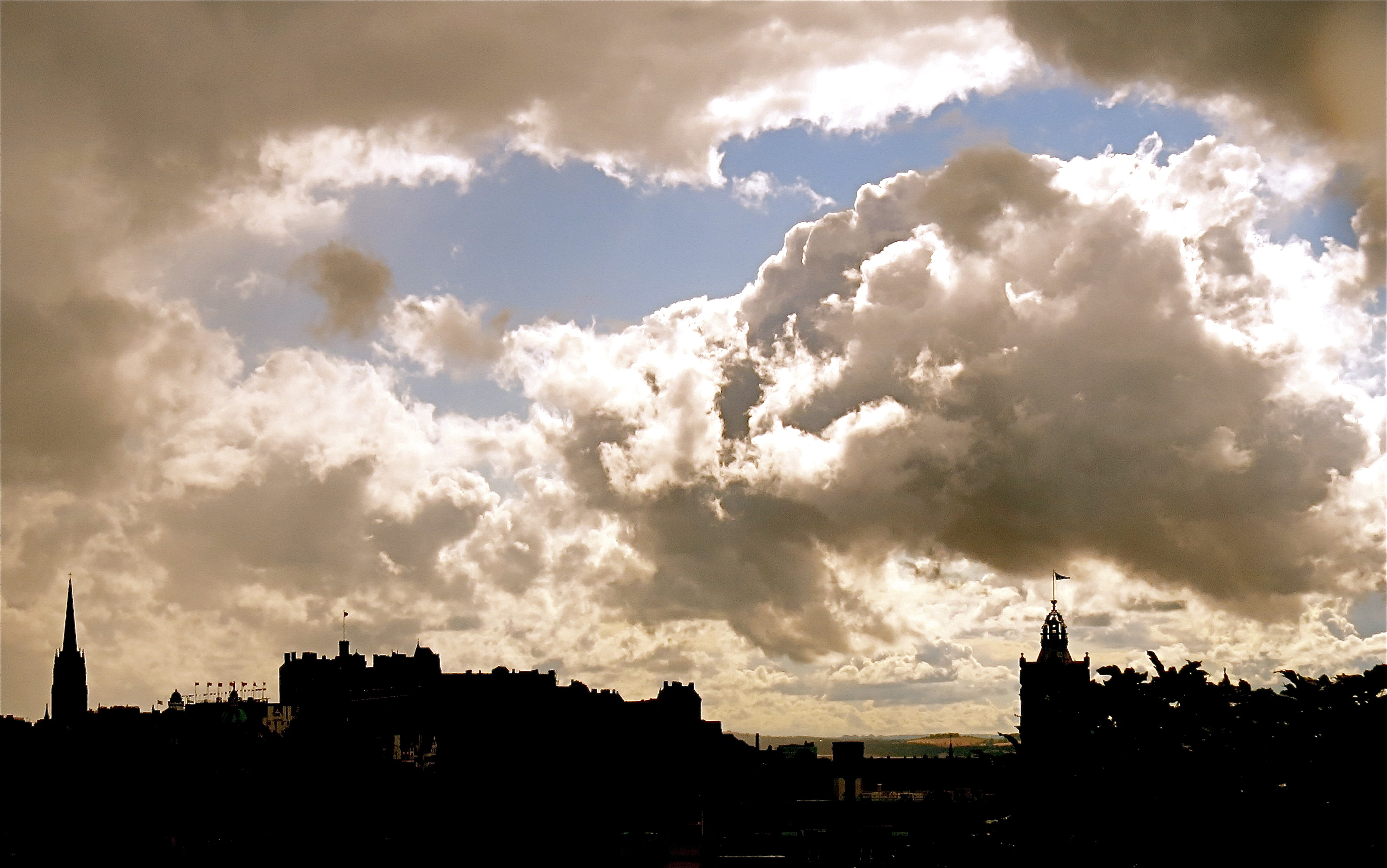As we approach the end of the Summer Term, Spurtle took a look through the pages of the Edinburgh Evening News for Friday 26 June 1864.
Surprise, surprise – we discovered an article expressing irritation at the expensive peacockery of young men, and the annoyingly long and elaborate holidays enjoyed by teachers.
We reproduce it in full below, with only the addition of paragraph breaks for the easily exhausted modern eyeball.
There is nothing like going abroad to hear home news, hence the following account, which appears in the Manchester Examiner of the present condition of Edinburgh, may be of interest.
The correspondent writes:—Our metropolis is looking thoroughly used up, though whether this is to be attributed to hot weather or hard work, or the reaction after the visitation of the clergy, I cannot say.
Our exquisites (how these bankers’ and lawyers’ clerks—for that is the position of the bulk of them—contrive to keep themselves in white vests and jewellery, not to speak of bitter beer, on £120 a year is a mystery to everybody except, perhaps, their parents—quiet farming people in the country) seem hardly fit for even the exertion involved in an afternoon crawl amongst Princes Street; and the teachers, the only professional men left in town at this season of the year, look very much worn.
They are at present worried by preparation for the annual examination of their classes before admiring, but uncritical, parents, and clergy whose knowledge of Greek and mathematics is almost as rusty as their acquaintance with modern theology is slight.
When that “weary mockery is o’er;” Rufus Macphilalethes, an M. A. of the University of Aberdeen, who receives £250 a-year for teaching the mathematical department—(that is to say, everything from simple addition up to conic sections and the differential calculus)—in the Lycée founded by that enterprising ecclesiastical body, the Associated Barkers, will transfer himself, the odd £50, which being a bachelor, he can afford to save, a big flask filled with whisky of the kind which only Highlanders can obtain for us, and an equally big stick, to the Continent. When he comes back, absurdly healthy, he will be great on glaciers and the controversy between Tyndall and Tait over the bones and the theories of poor, harmless old Rendu.

Every man to his taste—Macphilalethes is a very different man, and so occupies himself very differently from his worthy colleague, Dr Patristicus, who is a raw-boned Parson, with, however, all the commercial energy and wideawakeness of the nineteenth century, whose last great work—biographies of all the members of the Council of Trent—is awfully deep, and who has yet managed to double his income this year by means of a flourishing boarding establishment. He will amuse himself differently. He will probably examine the Prussian educational system, leave his card at Dr Falk’s, and lay a wreath on the grave of Strauss; while Dr Orthodox Foxey, who always takes a nice little illness about this time (brought on by hard study, say his admirers—by wire-pulling and tea parties, say his maligners) will endeavour to recover his health by looking in at the schools of evangelical theology in Germany, so that when he returns he will give quite a Tubingen flavour to his reproductions of Matthew Henry.
Such are some of the types of the men who are left in Edinburgh, and are likely to leave us in a few weeks.
